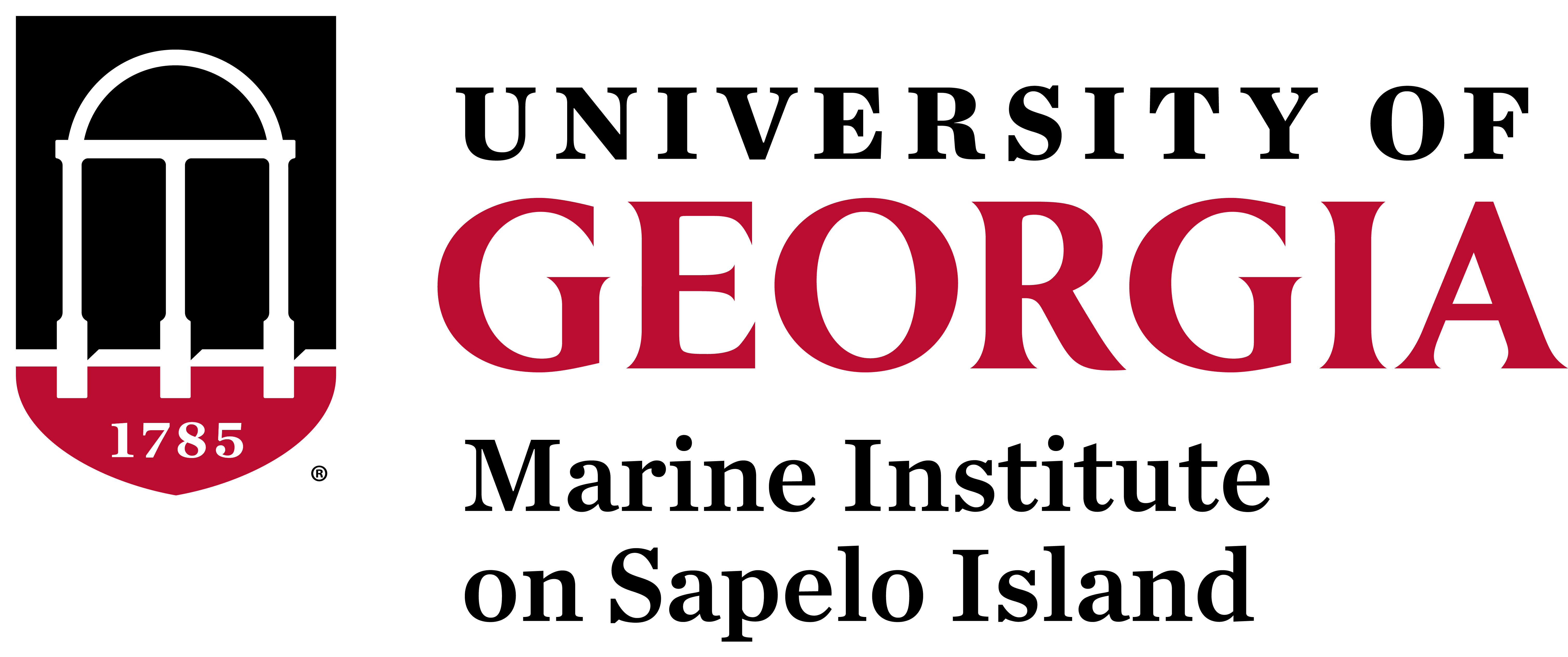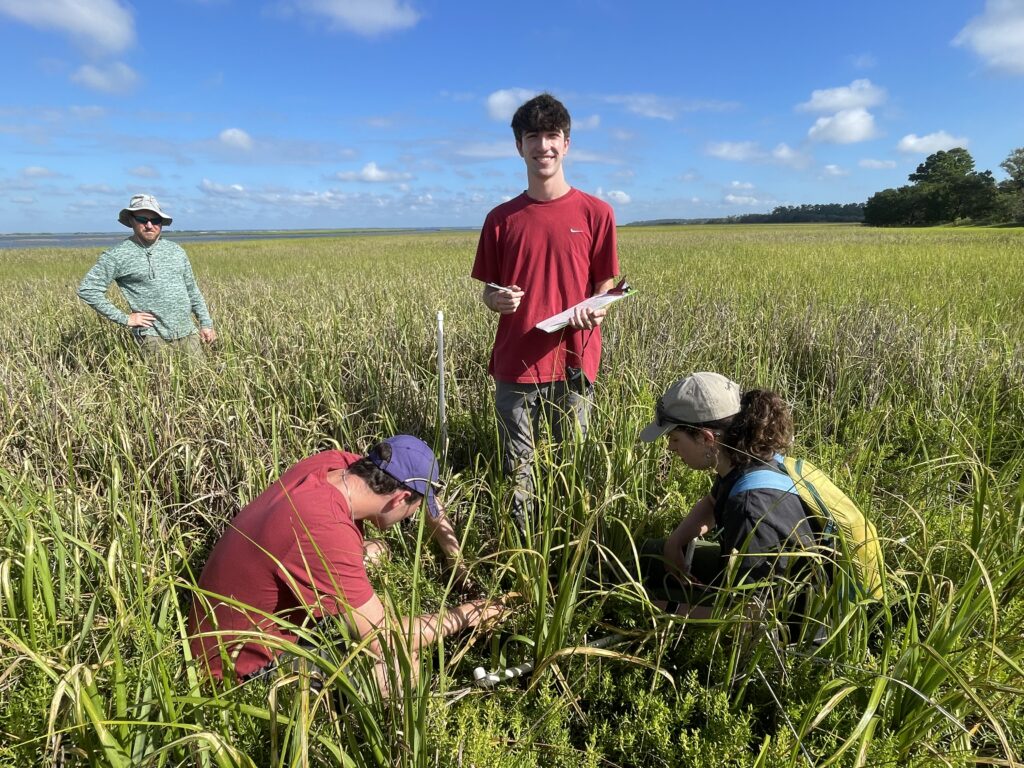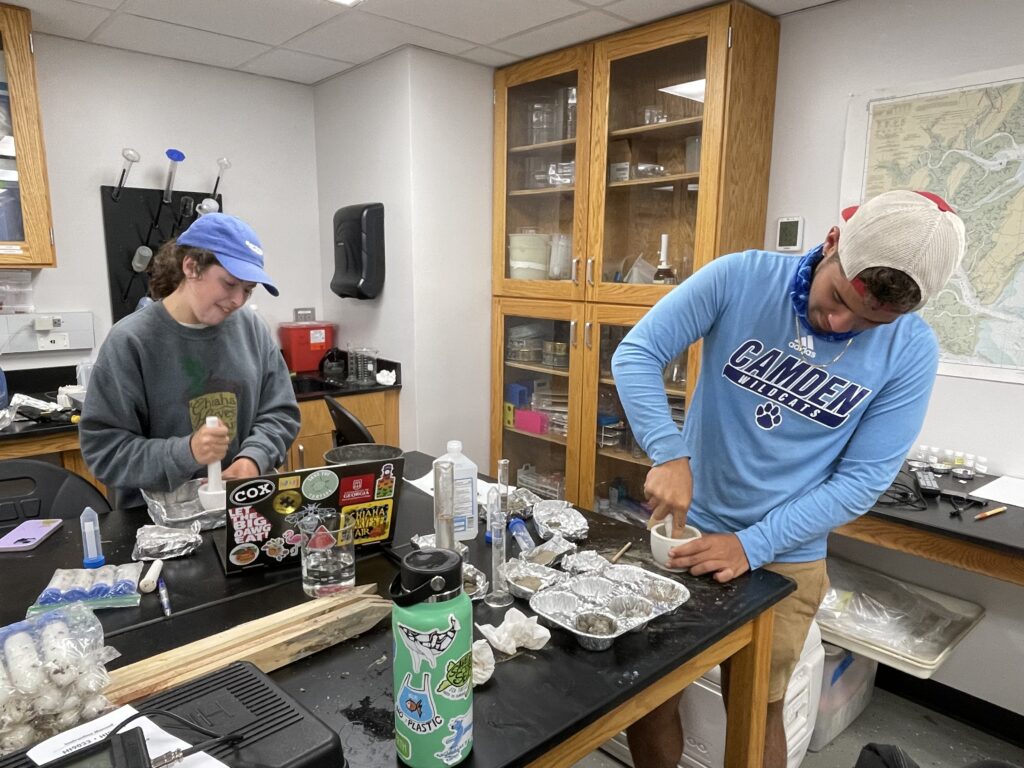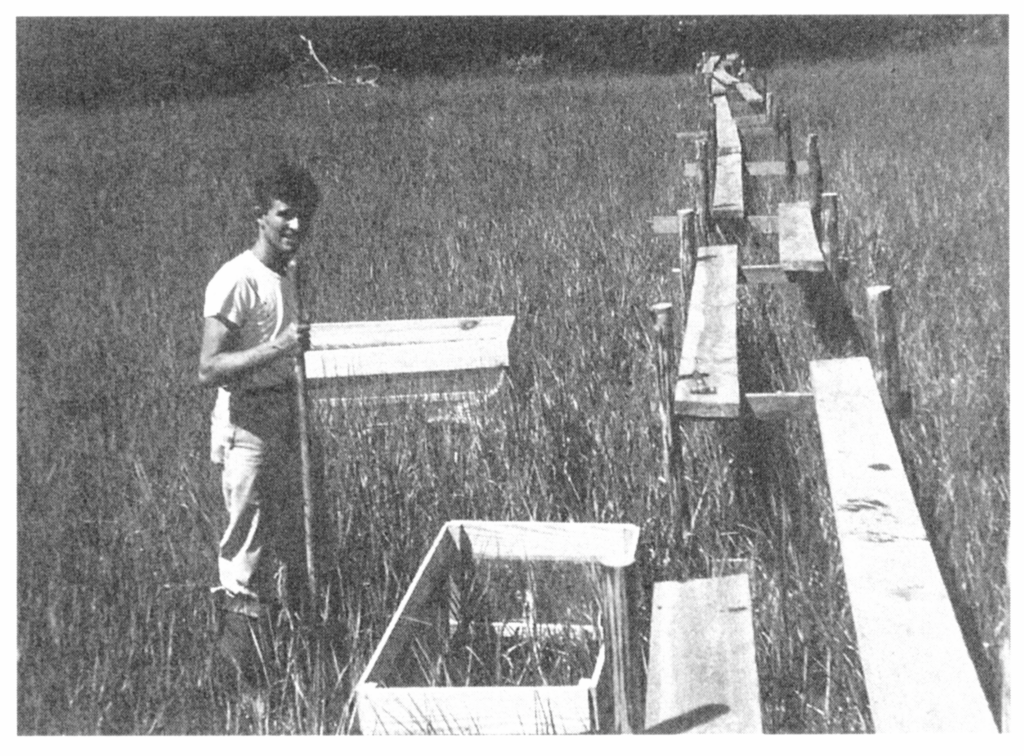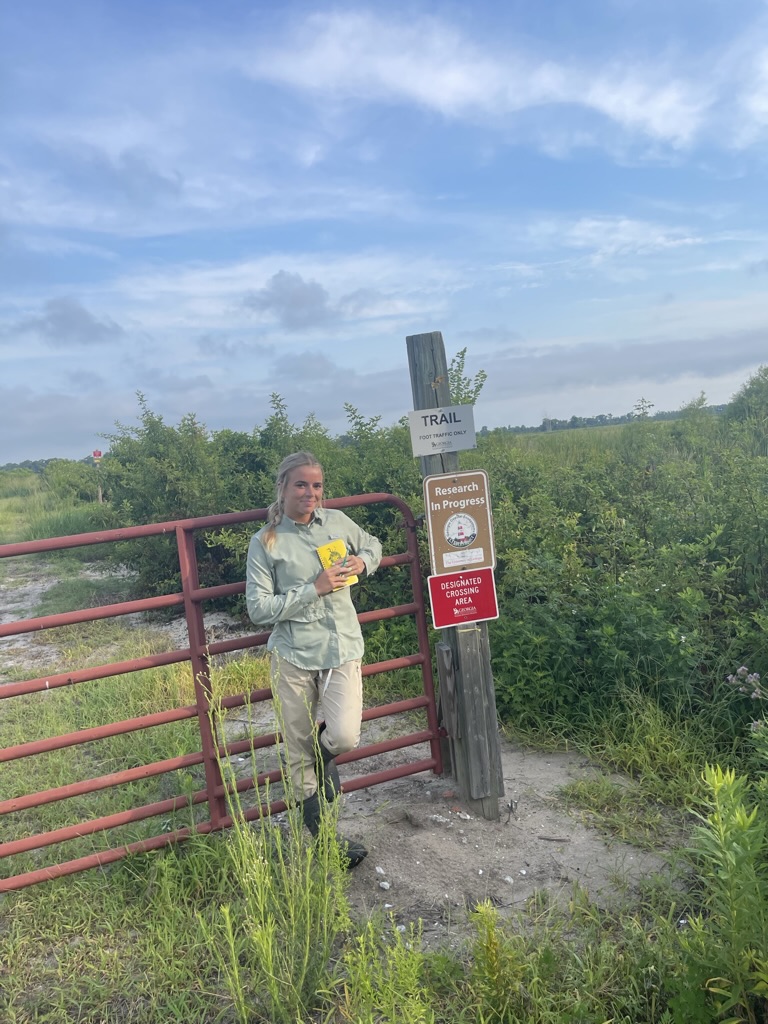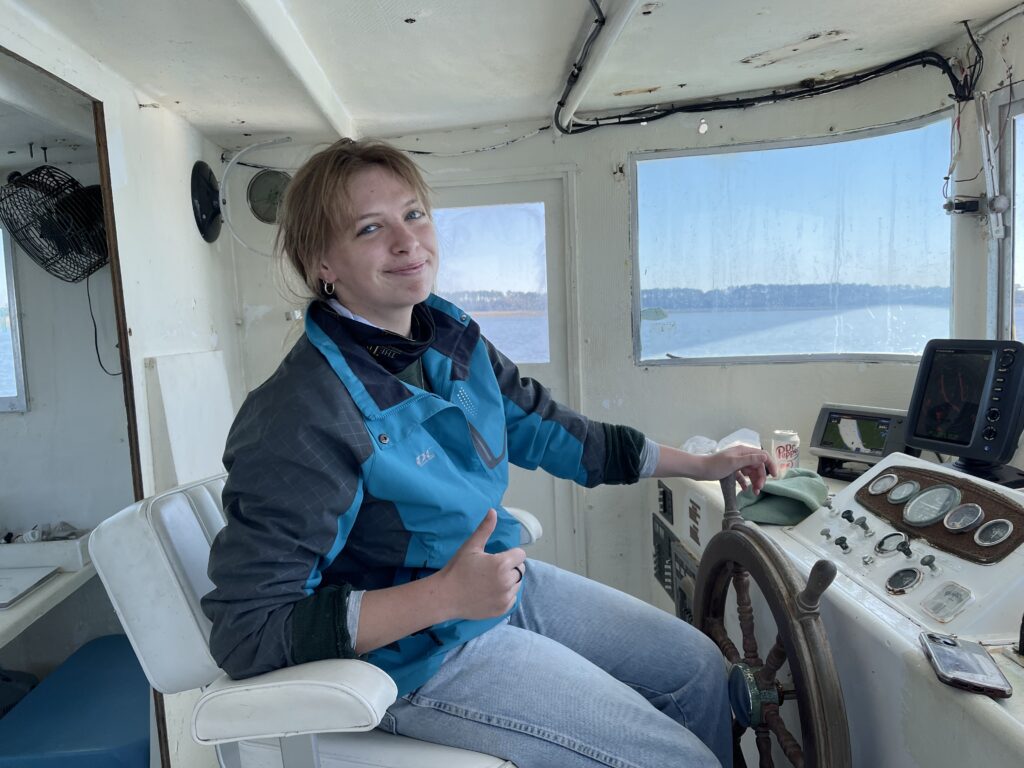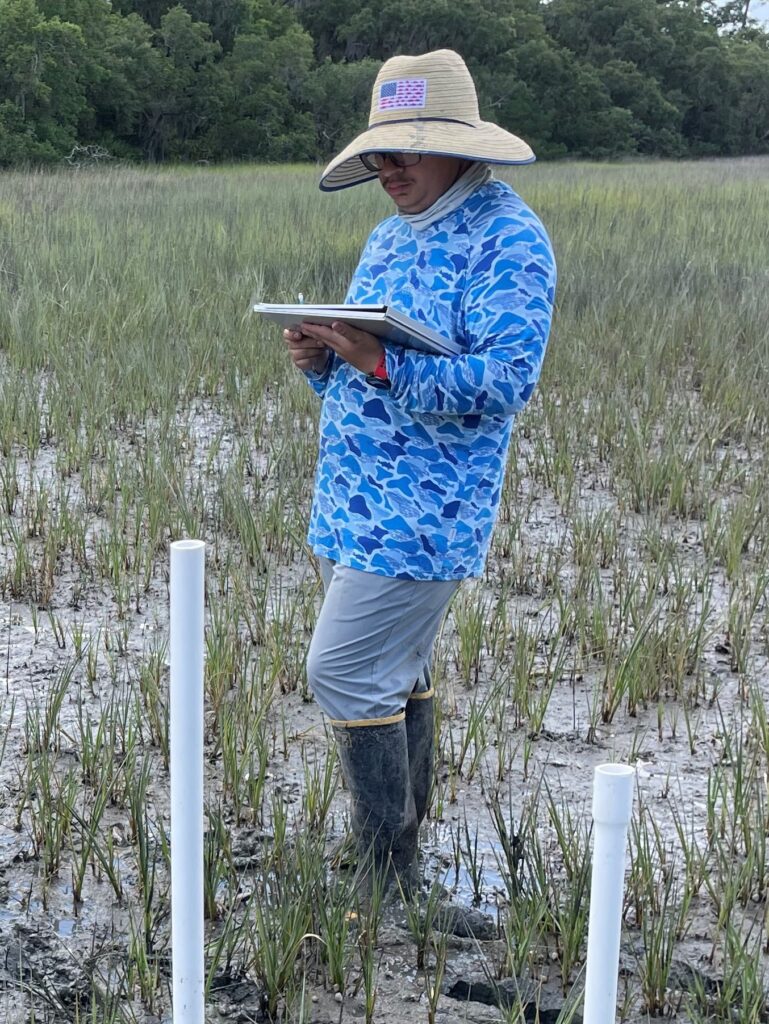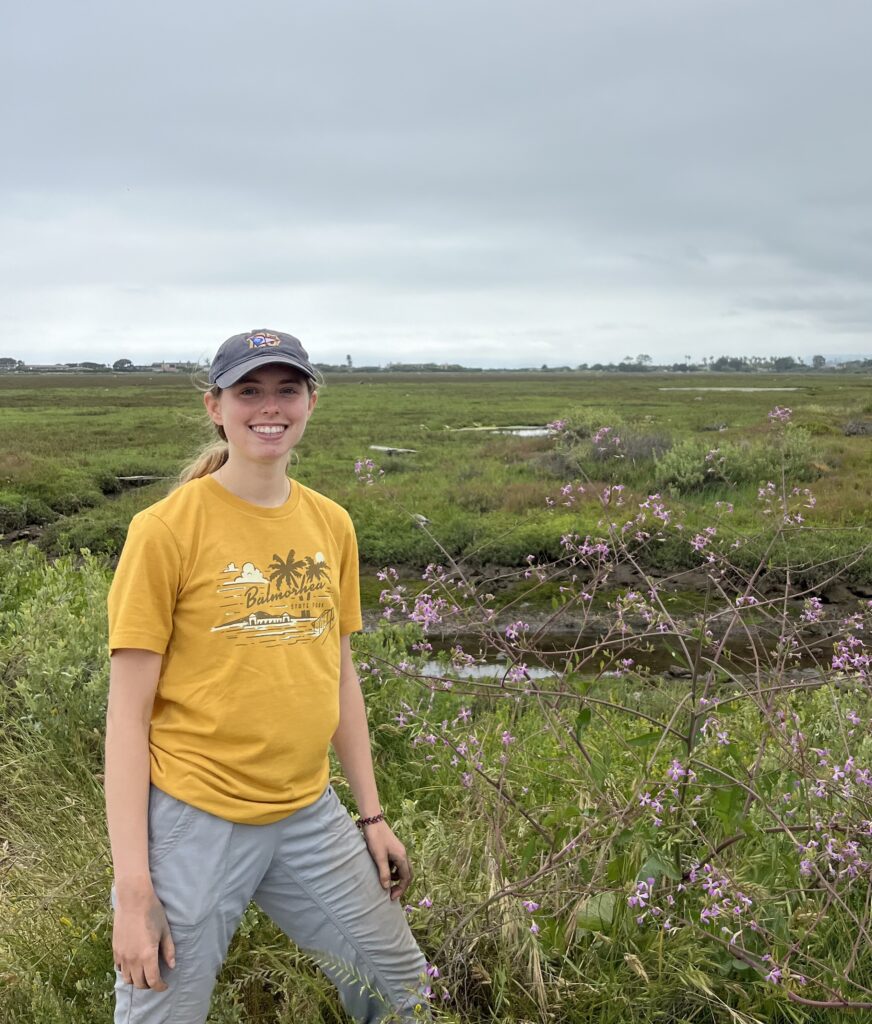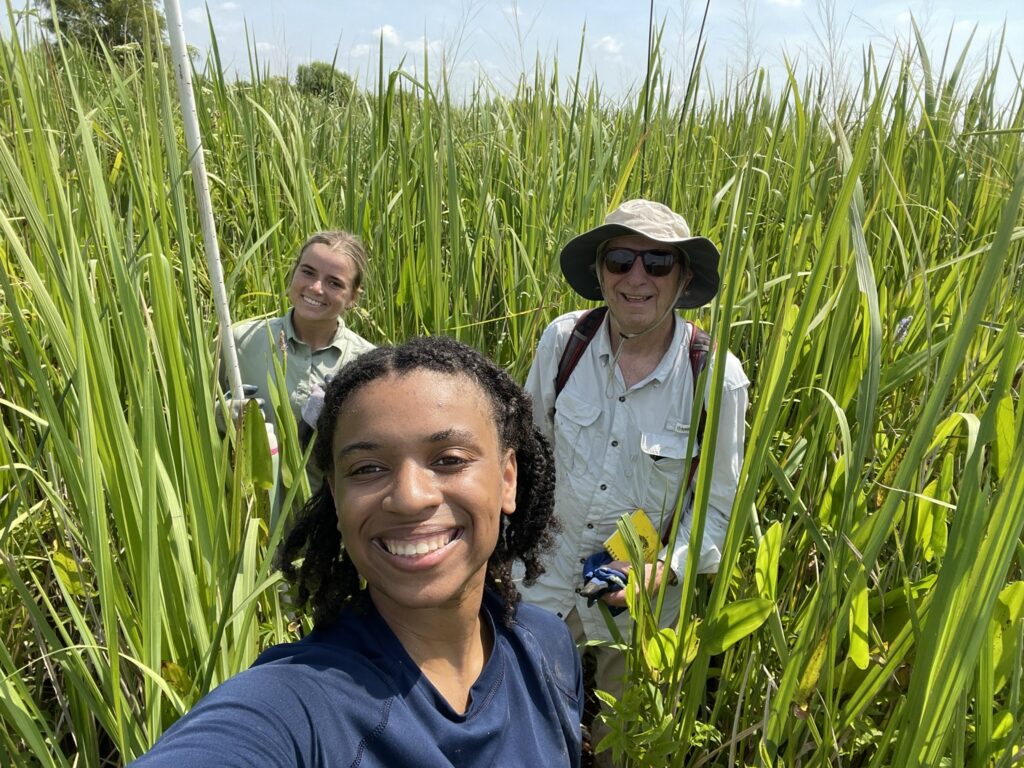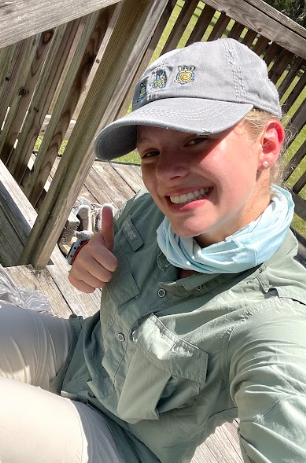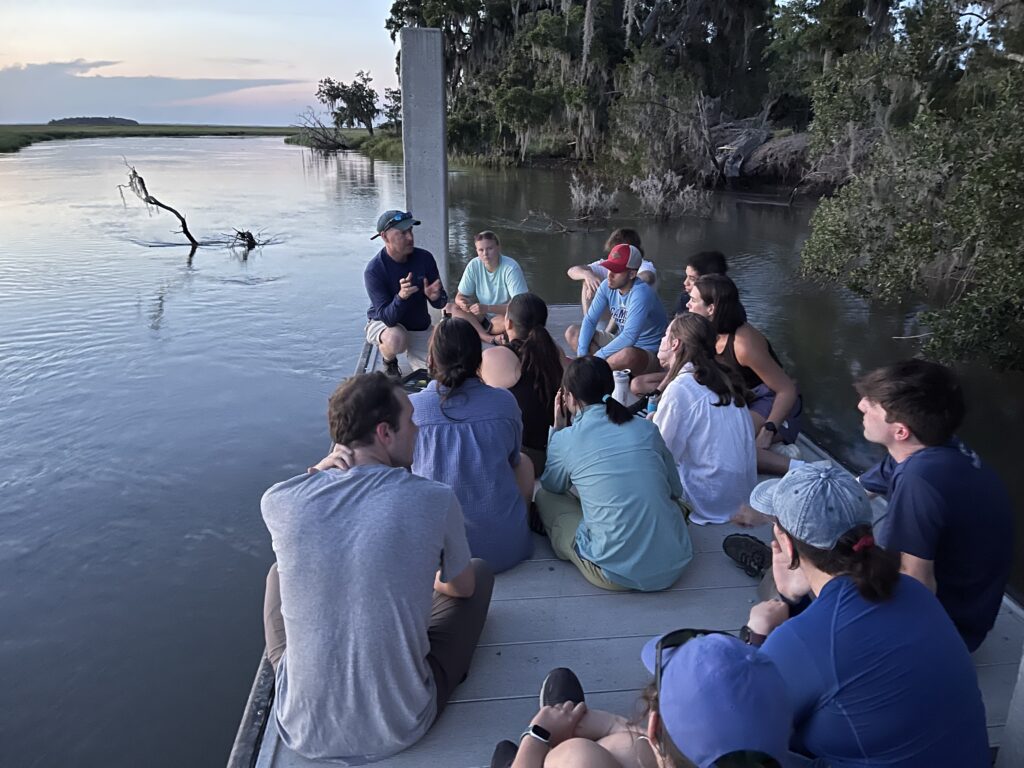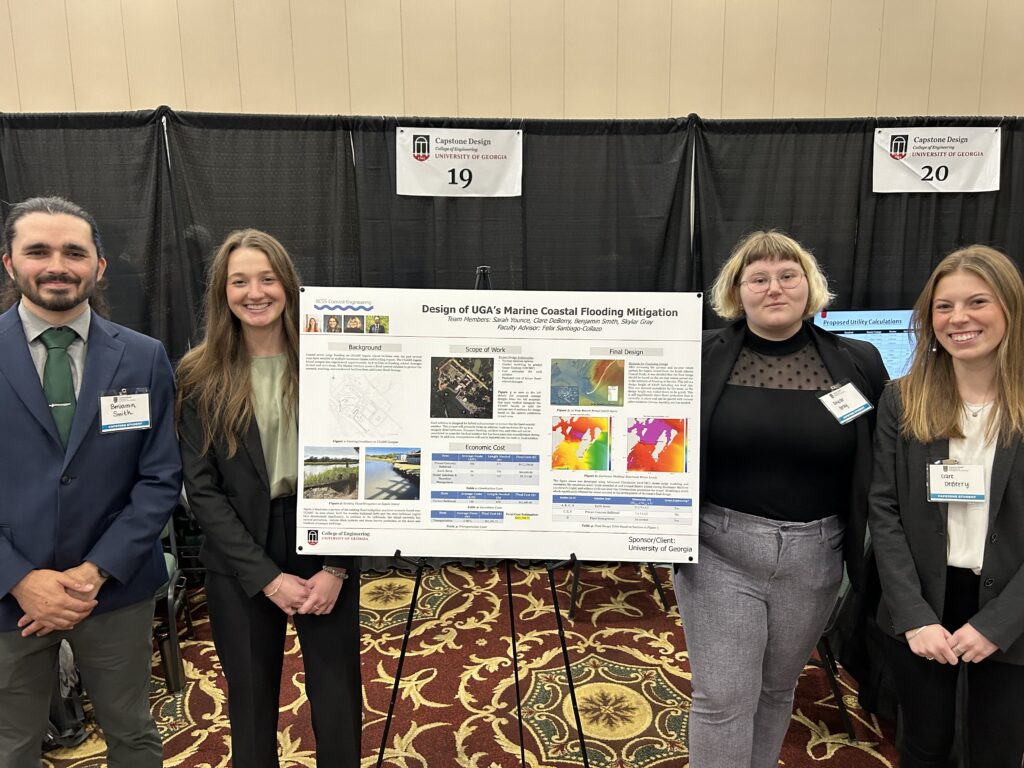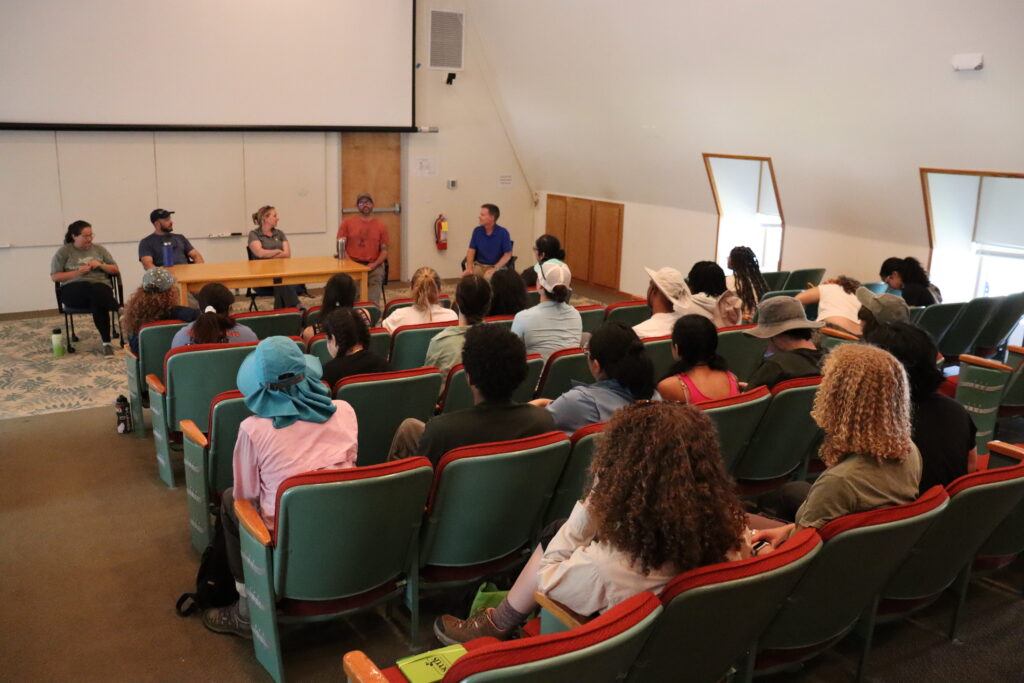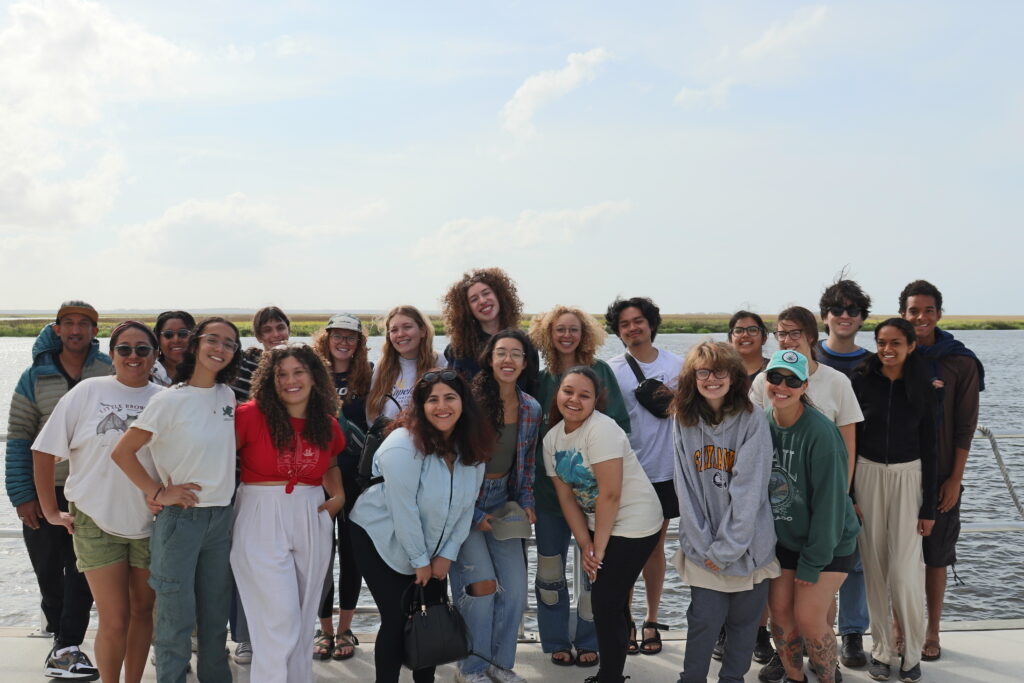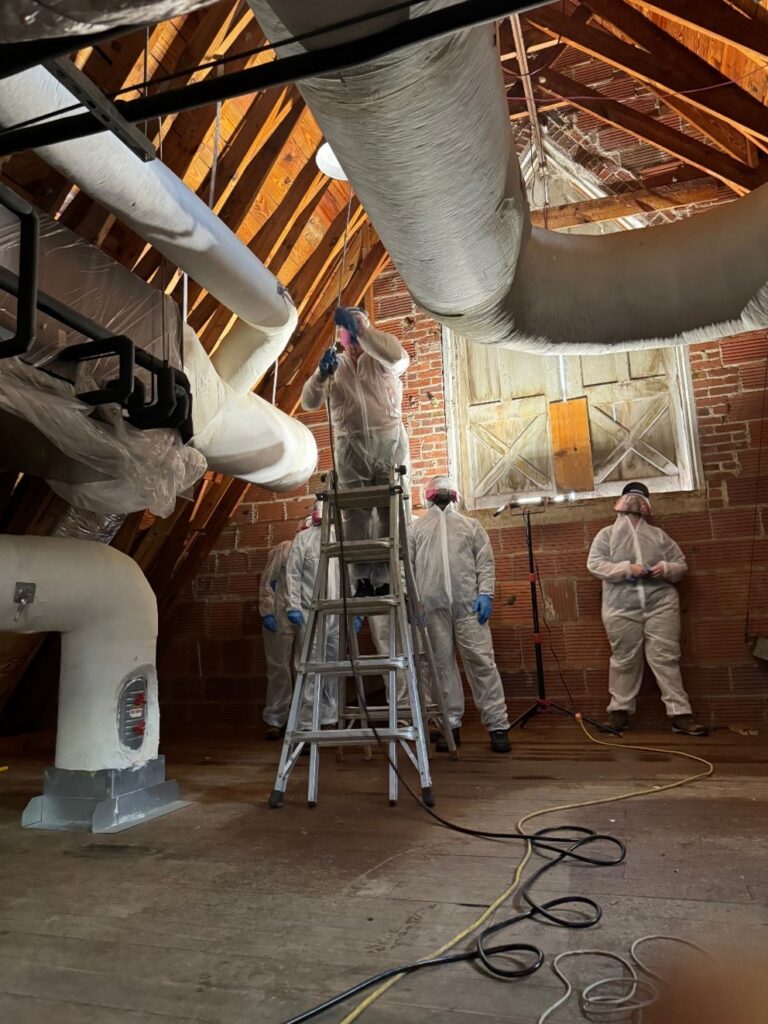Assistant Director for Academics at UGAMI

The University of Georgia Marine Institute on Sapelo Island (https://ugami.uga.edu/) is seeking to hire an Assistant Director for Academics to develop and provide oversight of the Institute’s residential instructional programs for University students. The candidate will serve on the UGAMI leadership team, contribute to outreach and development efforts, and teach courses in their area of specialization. This position is classified as an Academic Professional, which is a non-tenure track faculty position.
A Ph.D. in Marine Science or a related discipline is required. A complete description and application materials can be found on the university’s faculty job portal https://www.ugajobsearch.com/postings/392515. Applications received by October 11, 2024 are assured full consideration. The position has a target start date of January 2025. Inquiries should be directed to Dr. Merryl Alber, Chair of the Search Committee (ugamidir@uga.edu), with the subject line: Academic Professional.
